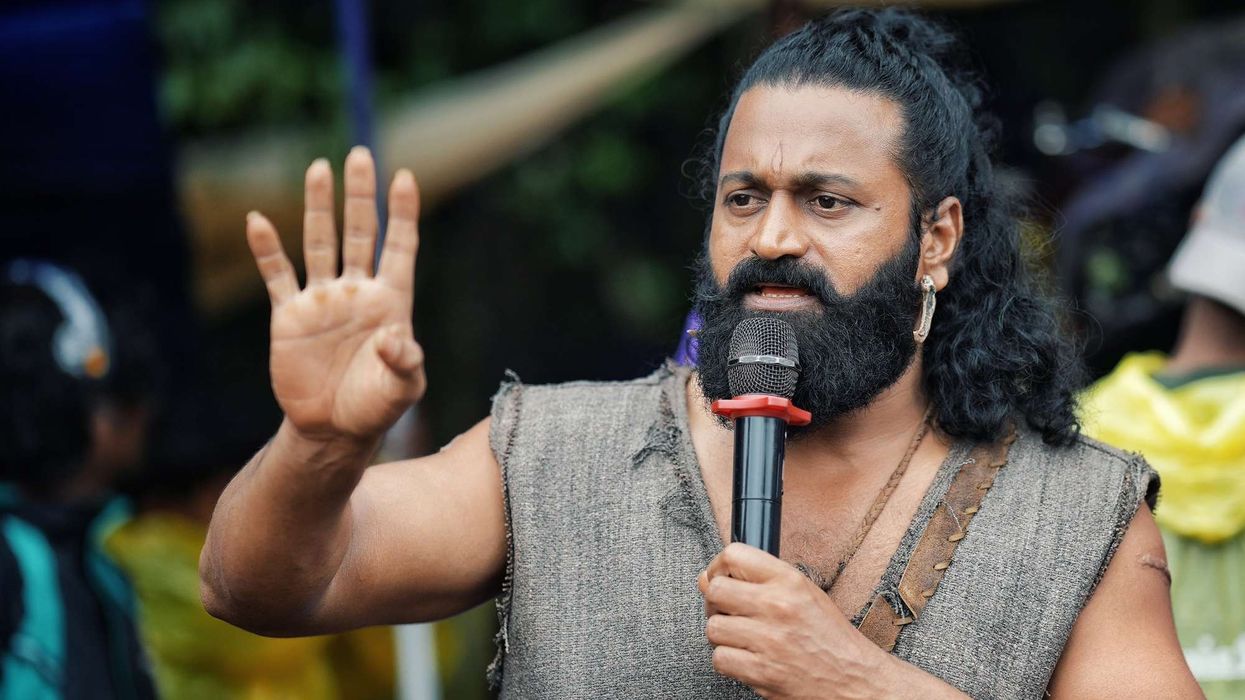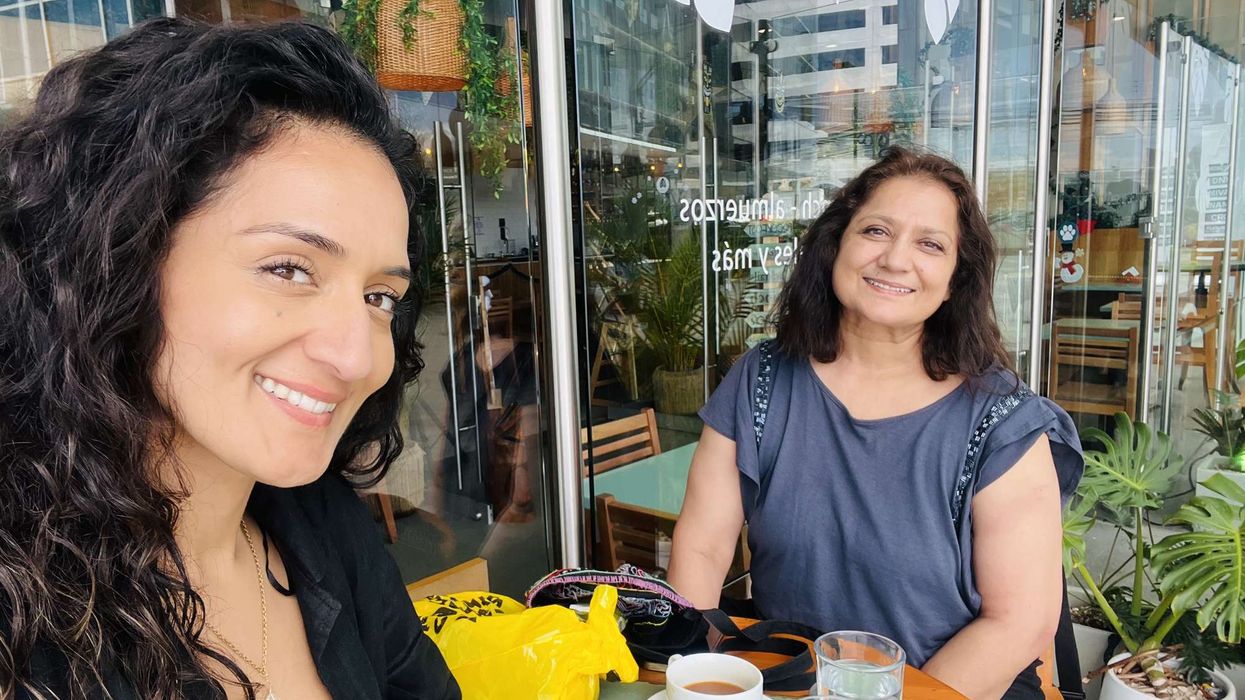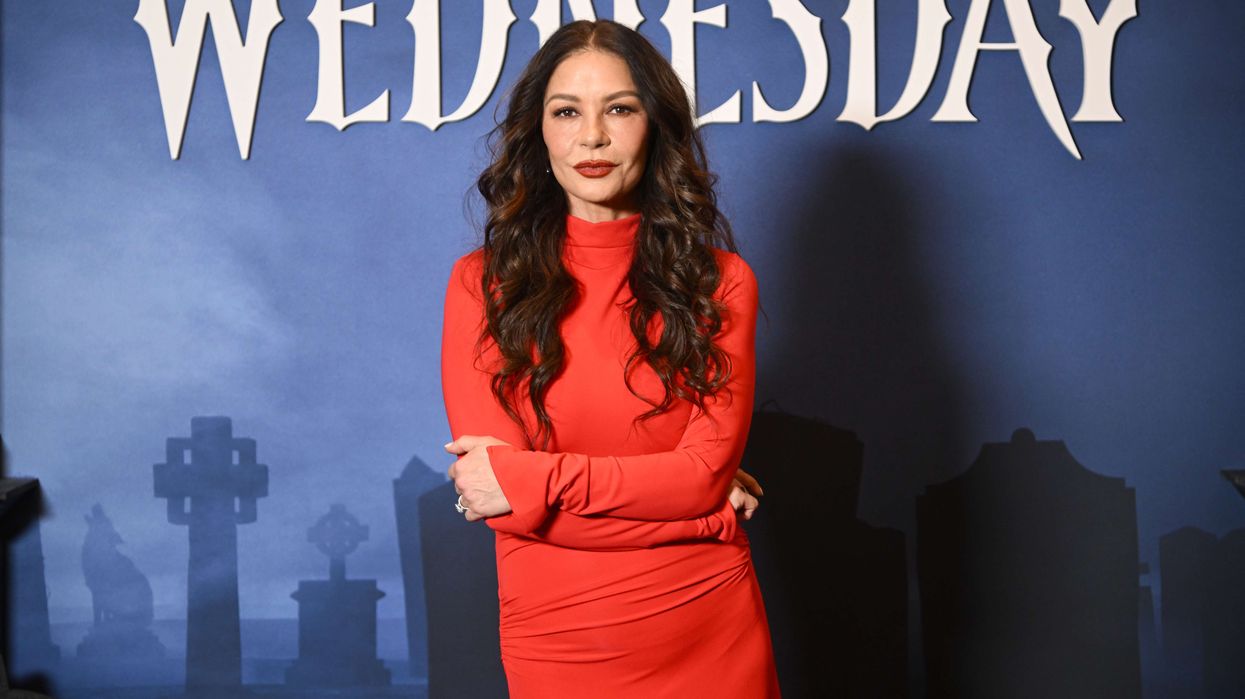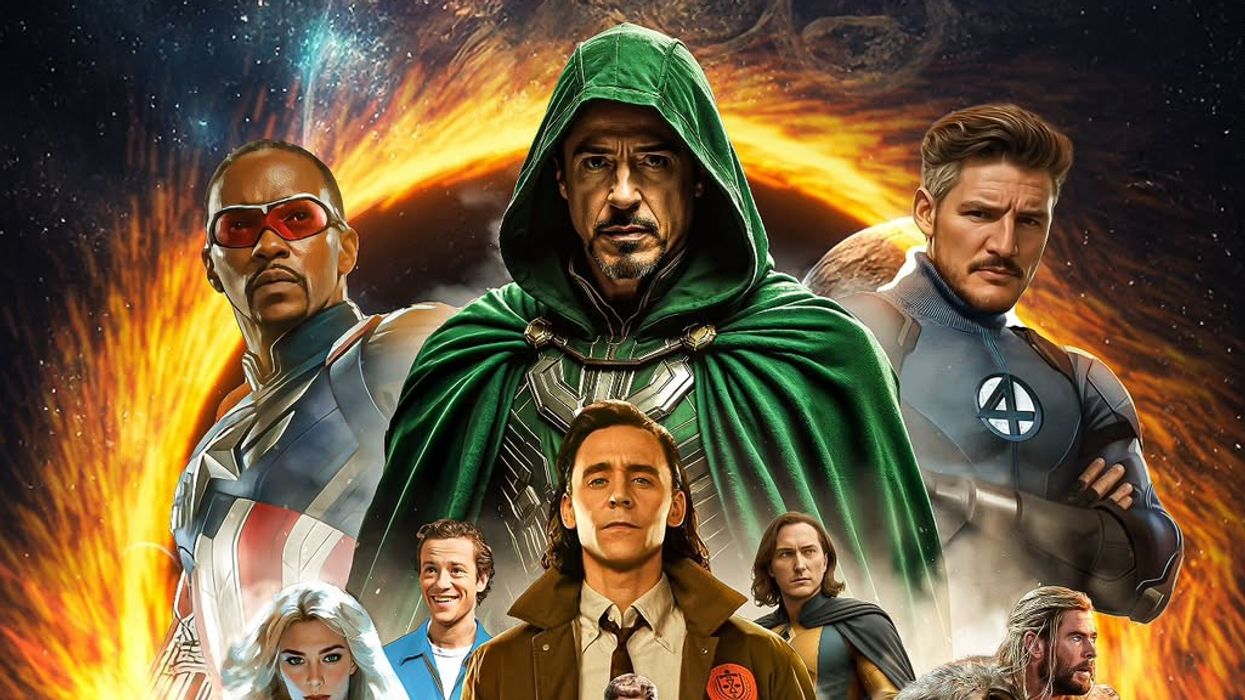Ayushmann Khurrana, who has delivered back to back hits over the last few years, is currently busy winning raves for his latest film Badhaai Ho, which is running successfully in cinemas in India. Just two weeks before Badhaai Ho hit the marquee, Khurrana had seen the release of his black comedy crime thriller Andhadhun, which is still raking in money at the cash counter. Recently, our Mumbai correspondent, Mohnish Singh, met the talented actor at iconic Mehboob Studios for a freewheeling conversation. In this interview, Ayushmann Khurrana talks about Badhaai Ho, the thunderous success of Andhadhun, his experience of working with actors like Tabu and much more.
What was your first reaction when you were offered Badhaai Ho?
If somebody presents me with a good script, I cannot stay still. I feel like I have to just do this film right now. Then I don’t think about other things. When I heard this script, I immediately said yes. In my life this has happened the second time, the first time was with Dum Laga Ke Haisha (2015). This is one of the better scripts I heard of late. From the trailer, you must have known what a unique story Badhaai Ho is.
What makes Badhaai Ho special?
There are two aspects to it. One is that romance is romance. The film propagates that even parents have the right to love each other and they should have their own love life and sex life. The other aspect of this is how their kids are reacting to the pregnancy? How society is reacting? Your children are embarrassed, their friends are teasing them. The entire family is the hero of the film. It's not just one particular character. Each and every member of the family has a well-etched role.
How was it working with experienced actors like Neena Gupta and Surekha Sikri?
I have always worked with experienced actors since my first film. It’s good to have experienced actors, it propels the film more. It becomes more consumable, more humorous. Acting is also reacting, so you give better reactions when you are acting with experienced actors.
Your film Andhadun is also doing phenomenally well at the box-office. How much time did you take to say yes to a film like that?
I approached director Sriram Raghavan myself for Andhadhun. I called and texted saying I want to work with you and he was apprehensive as I have never done a thriller film with dark themes. So, I suggested he auditions me. The next day I shot a couple of scenes and they were happy with it. Then, they asked about the dates and it happened.
What do you expect from the films you take on?
You know when you are doing a film, you don't do it to win the best film or whatever. You just do it diligently. This is my film, I will give my 100% and that's about it, and whatever response I am getting is overwhelming. I switch on, switch off easily. I do one film then detach myself from it and do the next film. So, that way you are more balanced in your head.
Does the failure of your previous films change the way you pick films now?
Yes, you question yourself what went wrong with those films and you try to avoid that. I started listening to my cut more and more. I look into it as a project, eventually, you should like the script. I have only started concentrating on the concepts and scripts, and I am mostly working for new directors and scriptwriters.
How do you usually decide what films you want to do?
I realized that script is the key. It does not matter that your first film was a hit as the script you wrote now has no connection with that fact. I think I was always selective and even before doing Vicky Donor (2011), I had said no to at least five scripts even as a newcomer because I believed whatever film I was doing it should be different. That was in my head because your first film as an outsider will either make you or break you. So, a hit director could give a flop film and a flop director could give a hit film. There are no rules. It only depends on that particular script.
While doing back to back films, do you get any time to work on your music?
There are some songs in the movie. Am I getting time to record songs? Yes. But I am not giving any concert yet.
Do you feel a difference in yourself from when you started in the industry and now?
I am the same person, but I have just become wiser. I have become clearer in my head. I have become more decisive. I have two mentors, Shoojit Sircar and Aditya Chopra. My wife is the biggest support and she is the one who reads all my scripts.
How was it working with Sanya Malhotra?
She is very good. In fact, this is the first time she is doing a verbal character. There is also a class divide between our characters. She belongs to the upper class and my character belongs to the middle-class family. So, there is a nice prank about that also.
How was it working with Tabu in Andhadun?
She is one of the most versatile actors ever. She has evolved with changing times, she has done filmy films like Vijaypath (1994) to a hardcore commercial film like Golmaal Again (2017) to atypical films like Cheeni Kum (2007). Her actions show her versatility and how magical she is as an actor.
What future projects are you undertaking? Anything on the digital front?
I have a one-month break, though I will be announcing two films in the following month. I am reading a couple of interesting scripts. For the digital front, not really but I would love to explore that also. I would love to host a show. I would love to do a biopic on Kishore Kumar. I would like to sing my own songs.
What, according to you, were the turning points in your career?
The movie that was turning points in my life was Vicky Donor and apart from that Dum Laga Ke Haisha. Vicky Donor is one of my favourite films because learning to be a Punjabi and learning that accent, taking workshops, learning the body language was something I was proud of. I am the opposite of the character and I had to learn to be a new one.
You approach films with experimental themes, does it always work out?
Not really, in fact after Vicky Donor, my three films didn’t do well. Though, after that, I got Dum Laga Ke Haisha. I think you learn from your own experience. You have your own journey. Mostly you learn from your failures, success gives you confidence but failure teaches you the value of success. Things that don't go your way, they make you saner, they give you a certain respect for life and I think that is very important.
Have you ever regretted rejecting any projects?
I never have regrets. Most of the time, the projects I rejected I didn’t want them. There are times too when I have to turn down a project because it clashes with the current project I am working on. Then if that project does great while the project I was working on does not do well, then there are regrets but if both the projects do well then there are no regrets.












